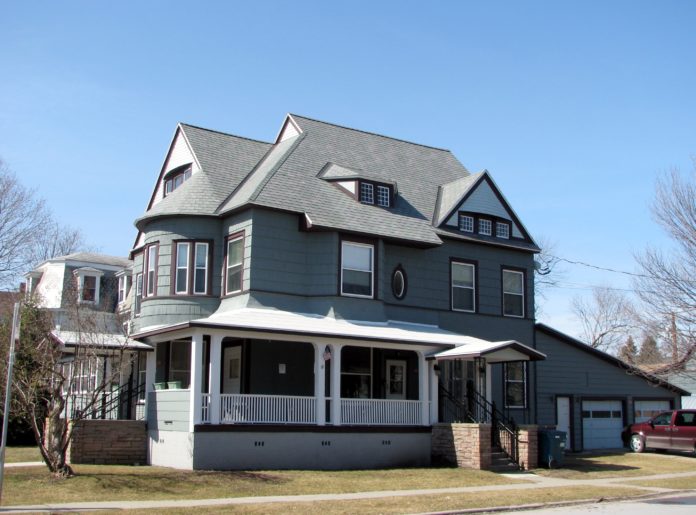Owning a home can be a smart decision for a variety of reasons. For instance, when you own a home, you have more freedom to make modifications and make it “yours,” And, owning a home allows you to build equity, which can be a valuable financial tool later on.
However, don’t necessarily believe people who tell you that owning is cheaper than renting. While it’s true that your mortgage payment is likely to be cheaper than your monthly rent on a comparable home, there are several other costs of home-ownership that you need to be aware of. Keep in mind that not all of these costs will apply to everyone.
Don’t get me wrong — I’m not trying to talk anybody out of buying a home. In fact, I’ve written before that owning a home is a better choice than renting for the majority of people. Rather, my point is that before making any major financial decision like buying a home, it’s important to know how much it really costs.
1. Utilities and services you didn’t need while renting
Unlike renters, homeowners must pay for things like gas, garbage collection, water and pest services. They must also take home maintenance into consideration (such as gutter cleaning/maintenance, removal, etc).
2. Private mortgage insurance
Today’s savvy homebuyers are aware that they’ll have to pony up for private mortgage insurance, or PMI, if they’re putting less than 20 percent down. But the cost of PMI has spiked over the last year, and the amount definitely catches buyers off guard.
3. Items you didn’t need while renting, but you do as a homeowner.
This includes things like landscaping equipment (lawn mower, leaf blowers) and appliances.
4. Budget for repairs even before you buy
Of course, what people should spend and what they actually do spend runs the gamut. Some shell out for top-of-the-line remodels that cost hundreds of thousands of dollars, while others neglect the most basic maintenance and repairs (which often ends up costing them a lot more down the road).
Where you live also matters a lot in terms of what you pay. Replacing a roof typically costs more in high-cost cities than elsewhere.
5. Insurance.
It costs a lot more to insure a home than, say, a one-bedroom apartment. So even if you had renters’ insurance, you’re going to have to up the budget for insurance. And, there are a lot of factors to consider when it comes to insurance. Thought you saved more by buying an older house? Well, guess what: It’s going to cost more to insure it because the electrical, heating and plumbing are older and more prone to disaster. Wait, did you fall behind on credit-card payments during the recession but thought you were in the clear because you always paid your mortgage? Well, guess what: Insurance companies can periodically check your credit score and raise your rates based on their assessment of your “risk” level.
6. Appearance.
Before the first thing in your house even breaks, there is going to be something that you want to change because this is YOUR HOUSE and when people see YOUR HOUSE, you want them to know that you have taste.
“You don’t want it to look like the worst house on the block.”
So, you add shutters, a paved walkway up to the house, flower boxes, landscaping … it’s amazing how much you spend on the outside of the house that you never had to spend on an apartment.
7. Cleaning.
Cleaning a house is a lot of work. Whereas you might’ve had one vacuum and set of cleaning supplies in an apartment, now you may want to have multiple vacuums and sets of cleaning supplies so you don’t have to lug them up and down one or two flights of steps.
8. The furnace and air-conditioning.
So, you buy a house and the inspector tells you that the furnace is only four years old and that you may have another 16 or more years left on it. You figure you’re in the clear, you’ll be long gone by then, right? Wrong. A lot of people will tell you you’ll get 20 years out of a furnace but it’s really closer to 10. Then, consider the fact that if the furnace is four or more years old, it probably isn’t energy efficient. So, instead of repairing your furnace or air conditioning units for the next few years, it’s probably better to shell out the cash for a new furnace or central air.
9. Wiring – cable, phone, Internet.
When Amy Martin and her husband bought their first house a few years ago, they discovered that their cable service was spotty — some channels worked but others didn’t. When they went to get it repaired, they were told that they were “leaking” cable because the wiring in their house was either not the right size or connected wrong. The wires on the outside are the utility company’s responsibility but any of the wiring on the inside of the house is YOUR responsibility. So, they had to bring an electrician in for 3 to 4 hours to rewire the home.










